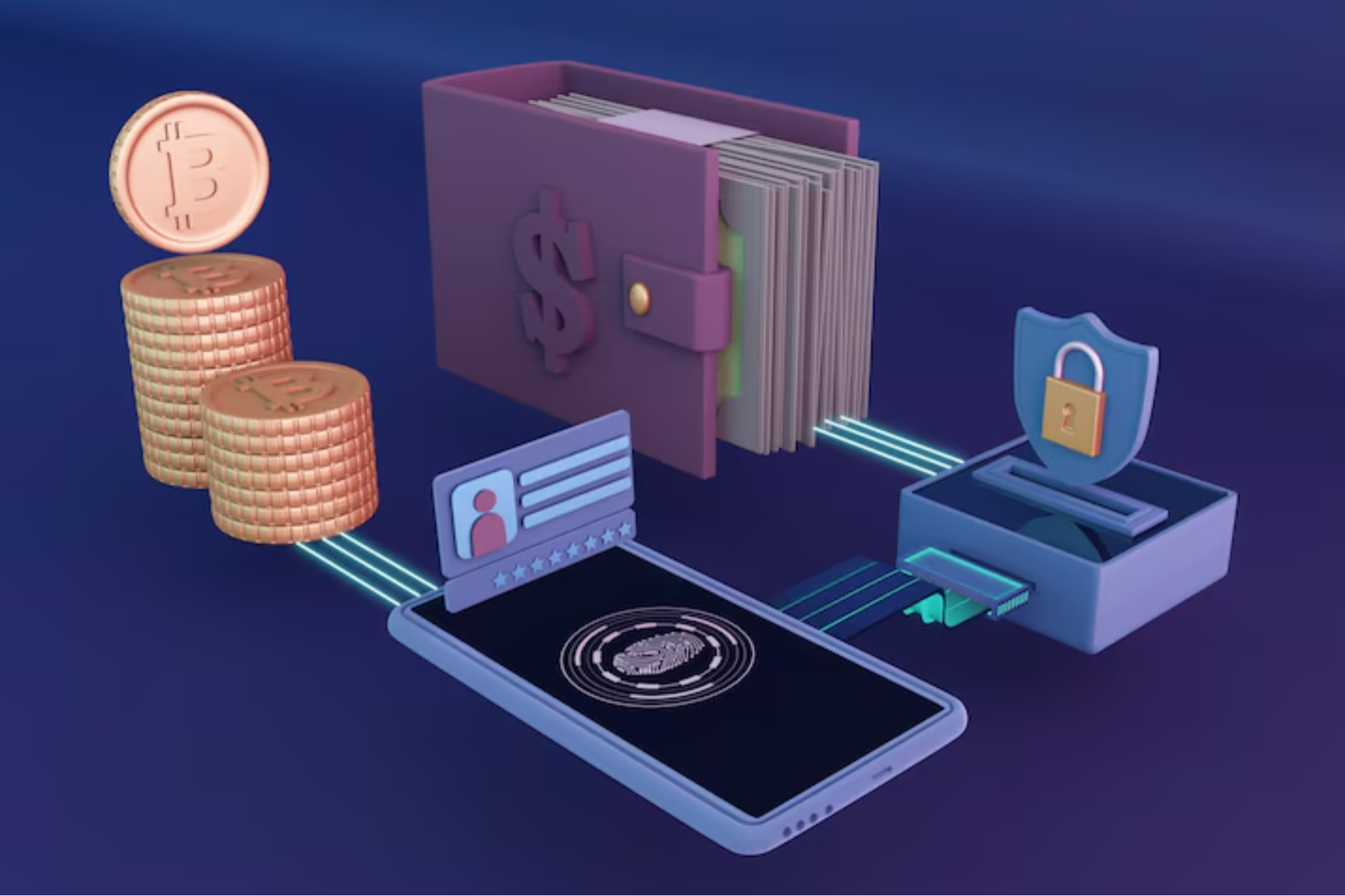In recent years, the digital economy has accelerated at a pace that few could have predicted. What began as a niche experiment in decentralized finance has now become a mainstream topic in business and investment circles. Digital assets are reshaping how value is stored, exchanged, and transferred across the globe.
At the center of this transformation is a critical question: who should hold custody of your digital wealth? For many investors, the appeal of early opportunities such as a best crypto presale lies in being at the forefront of innovation. But innovation is only as meaningful as the security that supports it. The rise of self-custody represents a powerful shift in how people think about ownership, responsibility, and financial freedom.
Why Custody Matters in a Digital World?
In traditional finance, custody has always been handled by trusted intermediaries like banks or brokers. You deposit your assets, and the institution takes responsibility for safekeeping. While this model works in many ways, it also requires trust in centralized systems that have shown vulnerabilities over time.
In the digital economy, assets are represented not by physical documents but by private keys. Whoever controls those keys effectively controls the assets. This makes custody a more personal and pressing concern than ever before. If your keys are lost or compromised, so are your holdings. The weight of this responsibility has given rise to the concept of self-custody.
What Self-Custody Really Means?
Self-custody is more than just a technical term. It is a philosophy of ownership that aligns with the core values of decentralization. It gives individuals direct control over their assets without relying on third-party intermediaries. In essence, it empowers users to be their own bank.
Practicing self-custody means safeguarding your private keys securely, often using specialized tools designed to keep them offline and out of reach from online threats. By doing so, individuals eliminate many of the risks associated with centralized platforms, such as hacking or mismanagement.
For many in the digital finance community, self-custody represents financial independence at its most authentic. It aligns with the idea that true ownership means full control and responsibility.
The Growing Importance of Security
As the digital economy grows, so do the risks associated with it. Cybercrime has become a global industry, targeting not only exchanges but also individuals. Phishing, ransomware, and sophisticated scams are designed to exploit the unprepared.
In this environment, self-custody has gained attention as one of the most effective ways to protect digital wealth. By keeping assets in secure, offline storage, individuals drastically reduce their exposure to online vulnerabilities. This is not just about protecting money but about building confidence in a system that thrives on participation.
Why Businesses Are Paying Attention?
The conversation about self-custody is not limited to individual investors. Businesses, too, are exploring how direct control over digital assets can enhance security, reduce costs, and improve transparency.
For companies that handle digital assets, reputation is everything. A breach or loss can damage credibility and erode trust overnight. By adopting secure self-custody solutions, organizations can demonstrate responsibility and build stronger relationships with clients and stakeholders.
In addition, self-custody aligns with the growing push for decentralization in business models. Companies that embrace this shift are better positioned to navigate the changing financial landscape.
Trends Driving the Shift Toward Self-Custody
The move toward self-custody is not happening in isolation. Several broader trends are reinforcing its importance:
-
Decentralized Finance Growth
As decentralized platforms expand, the need for secure self-management of assets becomes essential. Participation in these ecosystems often requires direct control of private keys. -
Increased Awareness of Cyber Threats
News of breaches and scams has made investors more cautious. Many are realizing that centralized solutions can be single points of failure, while self-custody offers greater resilience. -
Integration With Everyday Finance
Digital assets are moving beyond speculation. People are beginning to use them for payments, savings, and business transactions. This everyday use requires secure, reliable custody. -
Regulatory Uncertainty
In times of changing regulations, self-custody offers stability. Individuals and businesses can retain control of their assets regardless of external shifts.
Education as a Key Factor
Despite its advantages, self-custody comes with challenges. The responsibility of managing private keys can feel overwhelming, especially for newcomers. Education is critical to bridging this gap.
Many in the digital finance space are working to simplify the learning process, creating tools and resources that make self-custody more approachable. User-friendly interfaces, clear guidance, and supportive communities are making it easier for people to adopt secure practices.
The more people understand the importance of custody, the stronger the foundation of trust within the digital economy becomes.
Looking Ahead: The Future of Custody
The future of custody in digital finance is likely to be hybrid. While self-custody empowers individuals, not everyone will feel comfortable managing this responsibility alone. As a result, we may see solutions that combine personal control with layers of professional support.
These hybrid models could offer the best of both worlds: the independence of self-custody with the convenience of backup systems for recovery. Regardless of how the technology evolves, one principle remains certain: security will continue to be the cornerstone of digital finance.
Final Thoughts
The rise of self-custody reflects a broader cultural shift in finance. People are no longer satisfied with placing all their trust in centralized intermediaries. They want direct control, transparency, and independence.
This shift is reshaping the digital economy, creating an environment where secure storage solutions are not optional but essential. Whether you are an individual exploring new investment opportunities or a business integrating digital assets into your operations, the lesson is clear: custody is not just a technical detail. It is the foundation of trust and growth.


